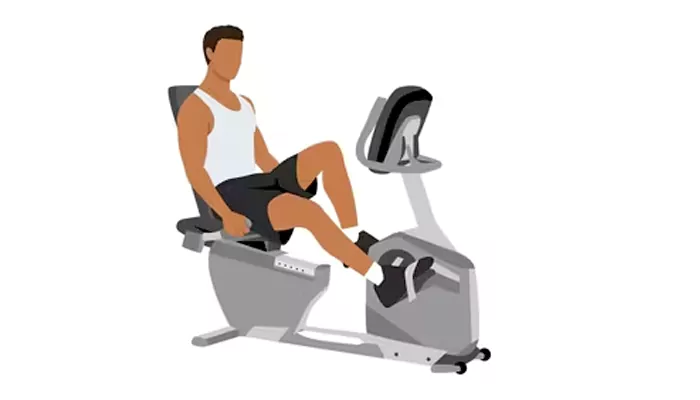Perfect Pillow Picks – Choosing the Right Pillow for Your Sleep Style
- Ishani Karmakar
- 6 months ago
- 4 minutes read

When it comes a good night’s zzzzs, your pillow plays a crucial role.
It’s not just a cushion for your head—it’s an essential part of your sleep environment that can significantly impact your comfort, spine alignment, and overall sleep quality. With so many options available, how do you choose the right pillow for your sleep style? In this guide, we’ll explore the different types of pillows and help you find the perfect match for your sleep needs.
Identifying Your Sleep Style
The first step in finding the perfect pillow is identifying your sleep style. How you sleep—whether on your back, side, or stomach—will determine the type of pillow that’s best for you.
Back Sleepers
If you sleep on your back, you’ll need a pillow that supports the natural curve of your neck. A medium-thick pillow that’s not too high or too low is ideal, as it will keep your head in line with your spine. Memory foam pillows are often a good choice for back sleepers, as they contour to the shape of your head and neck, providing customized support.
Side Sleepers
Side sleepers need a pillow that fills the gap between their neck and the mattress to keep the spine aligned. A thicker, firmer pillow is usually best, as it helps maintain that alignment. Look for pillows that are specifically designed for side sleepers, which often have extra loft to ensure your head stays elevated and your neck remains supported.
Stomach Sleepers
Stomach sleeping is the least common sleep position and often leads to strain on the neck and lower back. If you’re a stomach sleeper, you’ll want a pillow that’s soft and flat—almost like a cushion rather than a traditional pillow. This helps keep your neck in a more neutral position and reduces the strain on your spine. Some stomach sleepers even prefer sleeping without a pillow to avoid any neck strain.
Types of Pillows
Now that you know your sleep style, it’s time to explore the different types of pillows available. Each type offers unique benefits, so understanding these can help you make an informed decision.
Memory Foam Pillows
These pillows are made from viscoelastic foam, which moulds to the shape of your head and neck. They provide excellent support and are particularly beneficial for back and side sleepers. They help in maintaining spinal alignment and reducing pressure points, making them a popular choice for those with neck or back pain.
Down Pillows
Down pillows are known for their plush feel. They’re great for those who prefer a soft, luxurious pillow. However, down pillows tend to be less supportive and may not be ideal for side sleepers who need extra loft. They’re more suited for back sleepers or those who like to sink into their pillow.
Feather Pillows
Similar to down pillows but firmer, feather pillows offer a bit more support while still being soft and comfortable. They’re adjustable, meaning you can fluff or shape them to your preference, making them versatile for different sleep styles. However, they can flatten out over time, so regular fluffing is necessary.
Latex Pillows
They are made from natural or synthetic latex. These pillows are known for their durability and support. Latex pillows are firmer than down or feather pillows and provide good support for back and side sleepers. They also have a natural resistance to dust mites and mould, making them a good option for those with allergies.
Polyester Pillows
These are affordable and widely available. Polyester pillows offer decent support and come in various thicknesses. While they may not last as long as other types, they’re a budget-friendly option and can work for different sleep styles depending on their thickness and firmness.
Buckwheat Pillows
Filled with buckwheat hulls, these pillows are adjustable and provide firm support. Buckwheat pillows conform to the shape of your head and neck, making them a good option for back and side sleepers. They also promote good air circulation, helping to keep you cool during the night.
Your pillow is more than just a sleep accessory—it’s a key component of your sleep health. By understanding your sleep style and the various pillow options available, you can make an informed choice that supports restful, comfortable sleep. So, take the time to find your perfect pillow pick, and enjoy the benefits of better sleep and a healthier spine.












